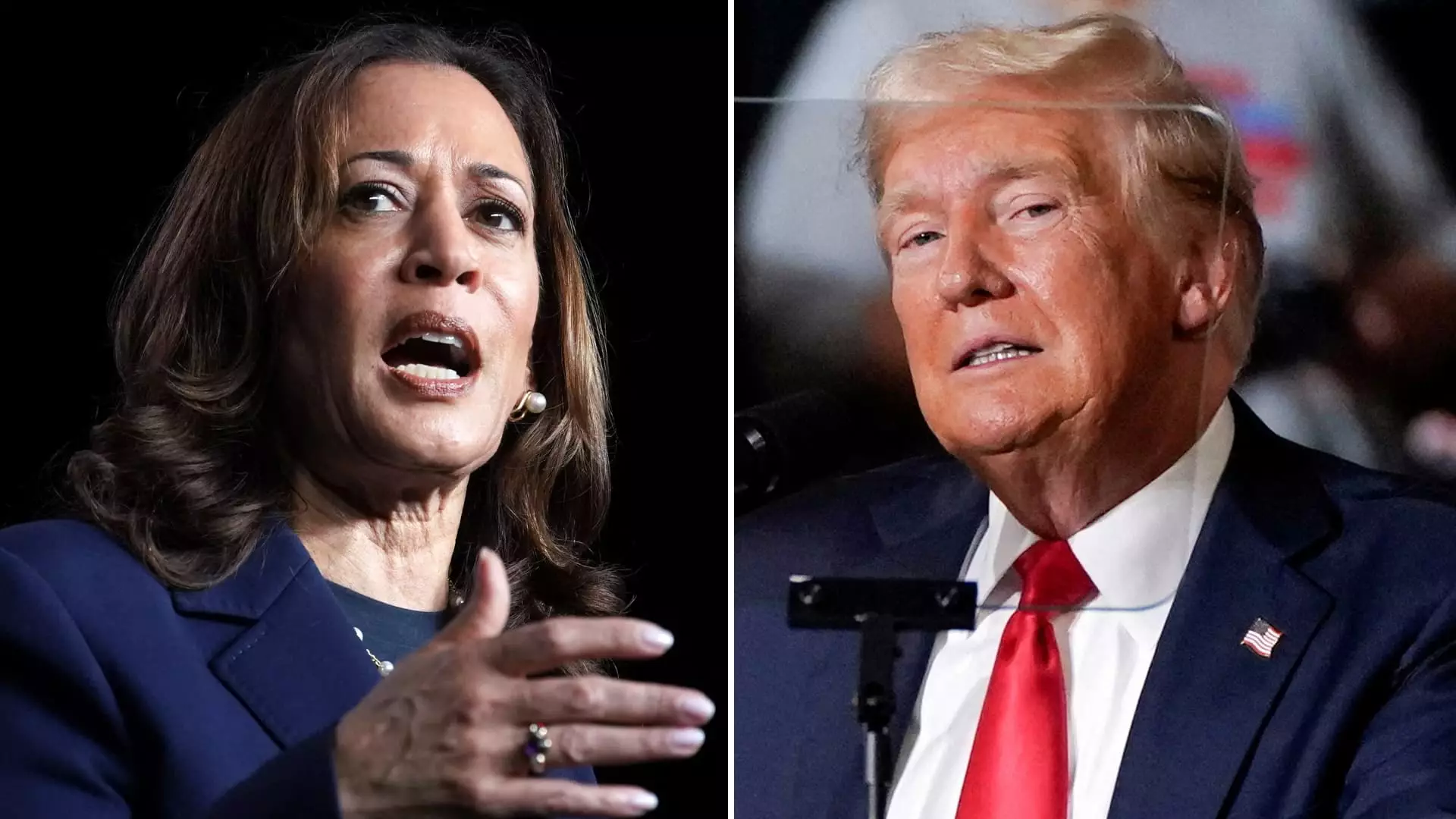The expiration of the tax breaks enacted by former President Donald Trump through the Tax Cuts and Jobs Act after 2025 is set to impact millions of American taxpayers. The Tax Foundation estimates that over 60% of taxpayers could potentially face higher taxes in 2026 without extensions. These expiring provisions include lower federal income tax brackets, a higher standard deduction, a larger child tax credit, and more generous estate and gift tax exemptions. As the next presidential candidates unveil their economic agendas, the issue of taxes remains at the forefront.
The Political Rhetoric Versus Policy Reality
According to Andrew Lautz, the associate director for the Bipartisan Policy Center’s economic policy program, there is a significant gap between the political rhetoric surrounding the 2017 tax law and the actual policy reality that both parties will have to confront in the coming years. While Democrats have criticized certain elements of the TCJA, it is likely that both parties will eventually agree to extend trillions of dollars in tax cuts. However, negotiations could prove to be challenging given concerns about the federal budget deficit.
President Trump aims to maintain the individual and business tax cuts implemented through the TCJA, promising significant tax reductions for families and small businesses. On the other hand, Vice President Kamala Harris has not directly addressed the extension of TCJA provisions in her campaign. However, President Joe Biden’s top economic advisor, Lael Brainard, has expressed support for partial extensions while emphasizing the need for a fairer tax system that does not extend the Trump tax cuts for high-income earners.
Both candidates have pledged to address the budget deficit and have proposed measures to increase revenue. The Harris campaign has proposed increasing the corporate tax rate to 28%, which could potentially reduce the deficit by $1 trillion over a decade. In contrast, Trump has advocated for sweeping tariffs on imported goods, which could have implications for after-tax household income. The approval of tax law changes ultimately rests with Congress, which poses a challenge depending on future House and Senate control.
Both campaigns have raised the idea of eliminating income tax on tip income, a move that has garnered support but also faced criticism from policy experts. Despite the bipartisan backing in Congress, concerns remain about administrative hurdles and possible abuse of the measure. The rationale behind such a proposal has been questioned by experts like Garrett Watson, who highlights the importance of understanding the underlying policy reasoning behind these tax reforms.
Among other priorities, Vice President Harris recently announced an economic plan that includes an expanded child tax credit offering up to $6,000 in total tax relief for families with newborn children. Social Security has emerged as a significant issue for voters in this election, with President Trump advocating for no taxes on Social Security income. The economic plans and tax reforms proposed by both candidates will have far-reaching implications for the American economy and taxpayers.

